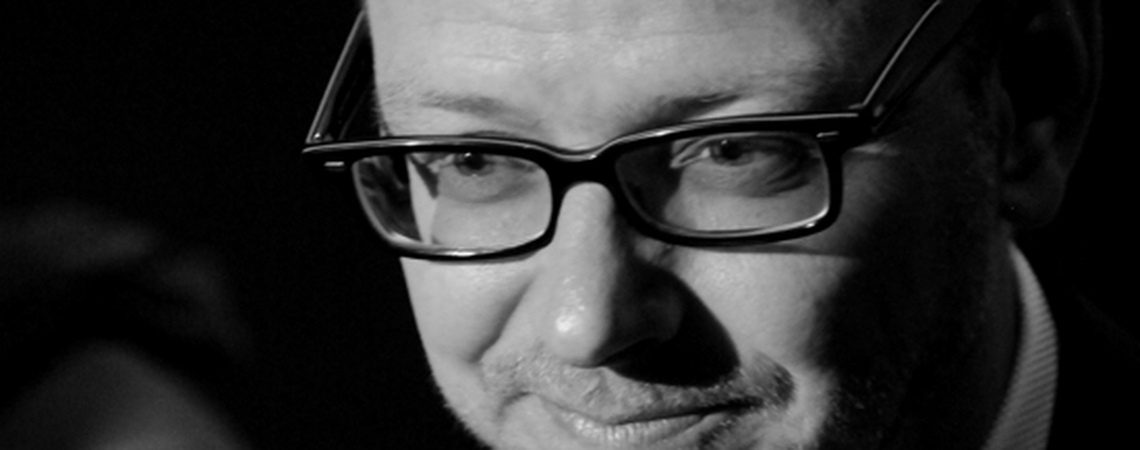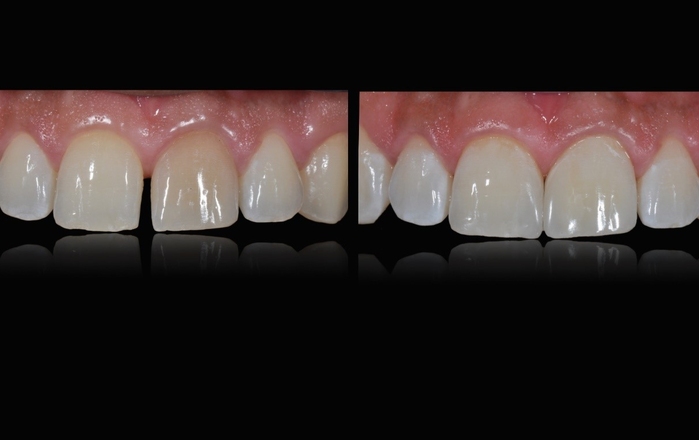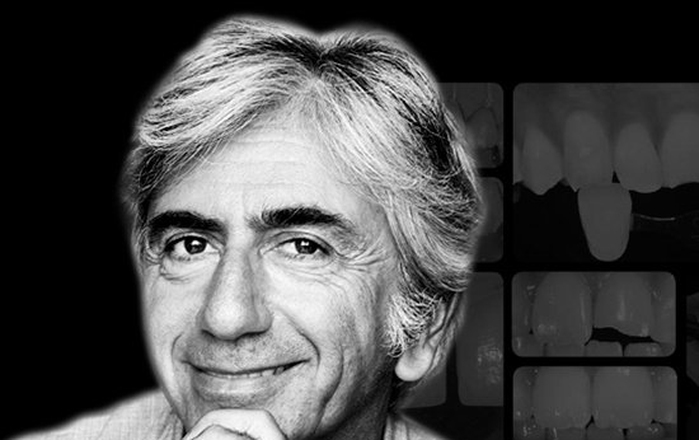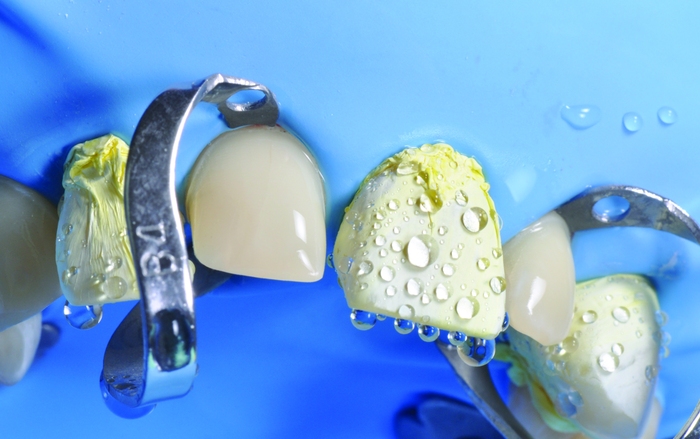Aesthetic Anterior and an Update on Posterior Bonded Restorations: Mastering Direct and Indirect Techniques
Register Now
Course Description
Introduction
Natural morphology and layering technique for direct composite resin restorations. Update on indications, diagnostic approach, tooth preparation and luting of bonded porcelain restorations. Update on bonded posterior restorations including CAD/CAM materials.
2-DAY LECTURE PROGRAM SEPTEMBER 17TH & 18TH, 2015
Reasons to attend this course This course will be an intense lecture program for all practitioners wishing to upgrade their skills in anterior bonded restorations using direct composite resins and indirect porcelain veneers. An update on posterior bonded restoration will also be given during the last half-day. Although bonded ceramics seem to represent the ultimate biologic, functional, mechanical and aesthetic restoration for compromised anterior teeth, the number of ultraconservative treatment strategies and materials continues to grow. The practitioner is faced with many esthetic treatment modalities and products. The major disadvantage of this evolution is that it becomes increasingly difficult to make the appropriate choices in a given clinical situation. The availability of various treatment alternatives often allows for selection of an approach that conserves the maximum amount of intact tissue and which complies with the biomimetic principle. Treatment options should always first include the simplest procedures such as chemical treatments and freehand composites and then progress toward more sophisticated approaches such as laminate veneers and full coverage crowns only when required. The same dilemmas exist in the posterior dentition (direct vs. indirect) but it is this case that there is a growing indication for the use of semi-(in) direct CAD/CAM techniques, the advantages of which will be discussed and illustrated with clinical and research works.
HANDS ON PROGRAM SEPTEMBER 19TH TO 20TH, 2015
Aesthetic Posterior Restorations:
Mastering Direct, Semi-(in)direct and Indirect Techniques
Reasons to attend this Hands-on Course
This course will be an intense lecture and hands-on experience for all practitioners wishing to upgrade their skills in posterior bonded restorations using direct, semi-(in)direct and indirect techniques.
The growing demand of patients for aesthetic or metal-free restorations, together with the ongoing interest in the dental profession for tissue-preserving materials have led to the development of posterior adhesive restorations. It is now clearly established that a new biomimetic approach to restorative dentistry is possible through the structured use of “tooth-like” restorative materials, such as composite resins and porcelain and the use of hard tissue bond, such as enamel and dentin bonding. Scientific studies and clinical evidence have validated the use of bonded tooth-coloured restorations. We have entered the “post-amalgam era”. This course will present the foundations of this evolution.
Discover the Bonded Approach to Posterior Restorations
What to expect: Based on maximum tissue preservation and the “biomimetic principle” (biomechanics) a model for the optimal use of current restorative systems will be presented using scientific evidence and clinical experience.
HANDS ON COURSE OUTLINE
This very intense hands-on course emphasises on:
- Fabrication of direct, semi-direct and indirect CAD/CAM restorations.
- Advantages of bonded restorations over traditional approaches.
- The biomimetic principle.
- Dentin bonding protocol: rationale for an immediate dentin sealing protocol.
- Preparation design; Principles of tooth preparation for bonded restorations.
- Luting procedures for bonded restorations.
- All about for composite restorations and layering techniques.
- Preparation and fabrication of class II, and onlay restorations.
Hands-On Workshop Courses
Dr Maxim Belograd, Mr Max Zuppardi
MicroVision Aesthetics All About Veneers: Full Course from Smile Design, Lab Communication, Isolation to Bonding
Read More











